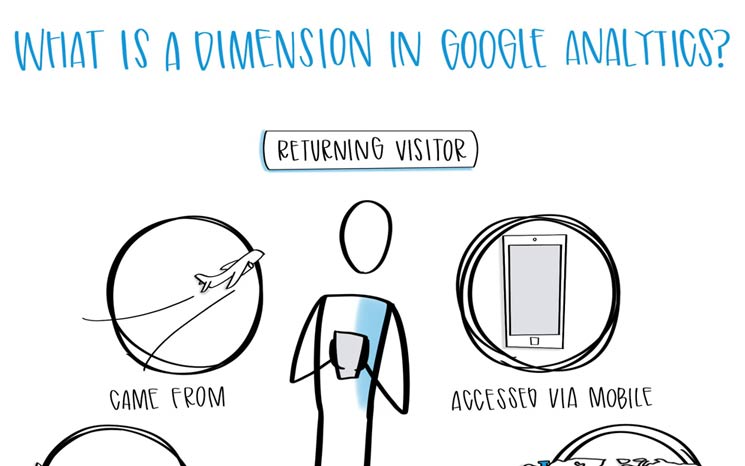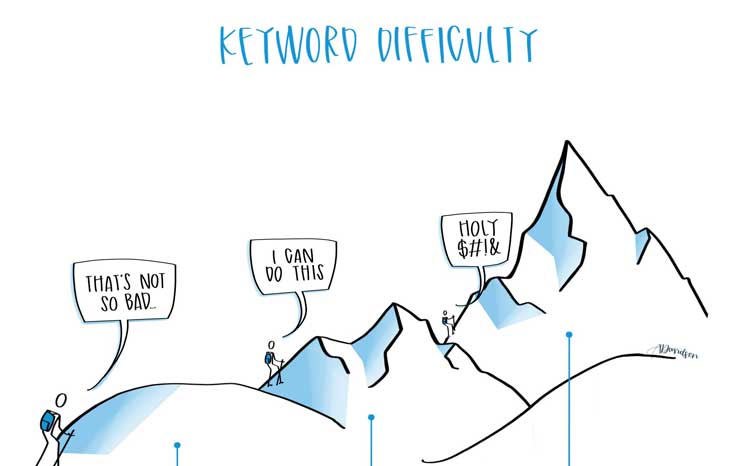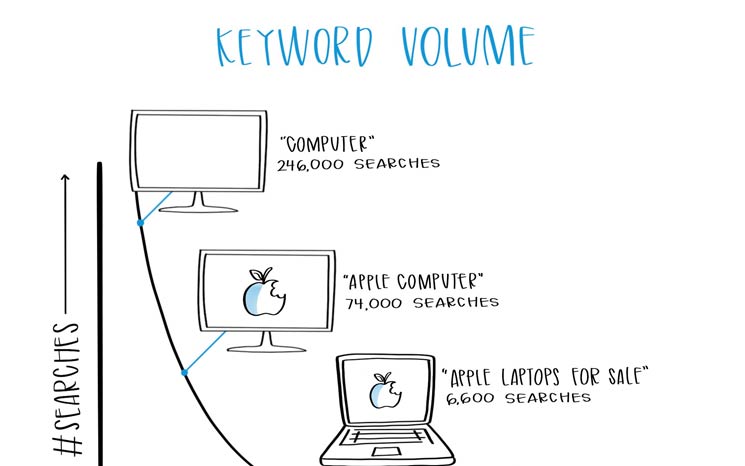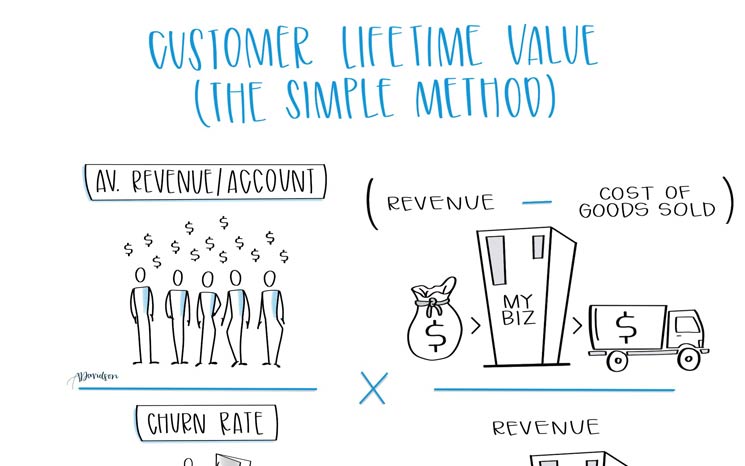
A Google Analytics dimension is basically a characteristic of users that visit a website. Dimensions are used to categorize user data to better understand how groups of users interact on your site.

A Google Analytics dimension is basically a characteristic of users that visit a website. Dimensions are used to categorize user data to better understand how groups of users interact on your site.

Having a majority of your audience coming through Direct traffic is not a good thing. It’s a sign that something is probably wrong in your marketing efforts. Here’s a breakdown of what Direct traffic is, isn’t, and what to do about it.

Writing for your audience means making them the hero of the story. But as marketers, we often want to be the heroes ourselves.

The information architecture (IA) of your site is the foundation of its UX and SEO. Without an optimized IA, a site is difficult to navigate and understand by both end users and search engines. Here are the key components of a great IA.

While it sounds complicated, machine learning actually uses three straight-forward methods for “learning” something. Let’s dive into these learning models to see how they differ and which one may be a good fit for your data.

Native ads that look and feel like regular content on a site are not new. But are they still relevant? Or have they simply replaced most advertising?

If you have many pieces of duplicate content online, you want to tell search engines which piece of duplicate content they should actually be looking at. This is where canonical links come in.

Are you using the right keyword difficulty metric? You may be surprised. Keyword difficulty is an estimate of how hard it is to rank for a specific keyword in search results pages. Learn how to use it properly.

If you’re new to content marketing and SEO, or if you’re an old pro, uncovering keyword volume is essential to understanding what topics you should be covering.

Getting a firm understanding of your CLTV enables you to make better decisions on how much money you should spend to acquire new customers.